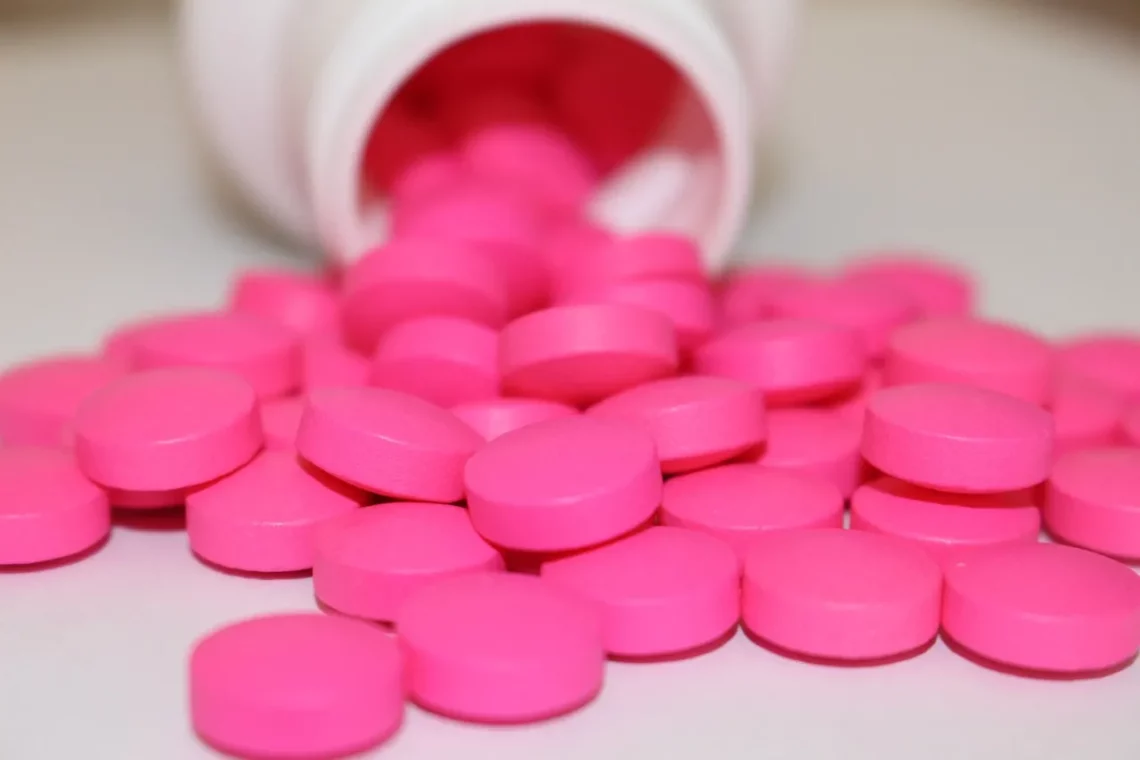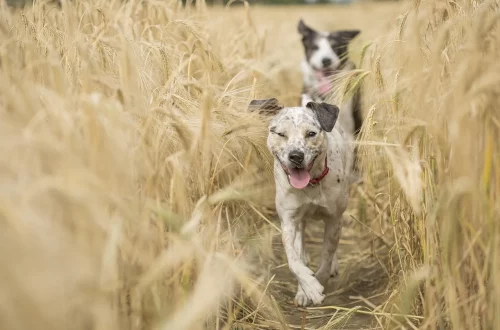
Effective Home Remedies for Cat Constipation You Can Try Today
Constipation in cats can be a distressing issue for both the feline and their owners. This condition can lead to discomfort, pain, and even more severe health problems if not addressed promptly. Cats are generally known for their independent nature, and when they experience digestive issues, they may not show obvious signs right away. This makes it imperative for cat owners to be vigilant about their pets’ health.
Understanding the signs of constipation is crucial. For instance, a cat may exhibit behaviors such as straining to defecate, producing hard or dry stools, or even skipping litter box visits altogether. Stress, dietary changes, dehydration, or underlying medical conditions can all contribute to this issue. As a responsible pet owner, recognizing the early symptoms can help you take action before the situation escalates.
Fortunately, there are various home remedies that can alleviate constipation in cats. These remedies are not only effective but also natural, often utilizing ingredients that are readily available at home. However, it’s essential to monitor your cat closely during this process. If symptoms persist or worsen, consulting a veterinarian is always the best course of action.
Hydration: The Key to Digestive Health
One of the most effective ways to combat constipation in cats is to ensure they are well-hydrated. Cats are notorious for not drinking enough water, which can lead to dehydration and subsequently, constipation. Encouraging your cat to drink more water can significantly improve their digestive health.
You can start by providing fresh, clean water daily. Some cats prefer running water, so investing in a pet water fountain can be beneficial. These fountains often entice cats to drink more as they mimic a natural water source. Additionally, consider incorporating wet cat food into their diet. Wet food contains a higher moisture content compared to dry kibble, which can help alleviate constipation.
Another method to increase hydration is to add a small amount of water or low-sodium broth to your cat’s dry food. This not only enhances the flavor but also boosts their fluid intake. Additionally, offering ice cubes or frozen broth cubes can be a fun way for your cat to hydrate while also enjoying a treat.
Monitoring your cat’s litter box habits is essential. If you notice they are not urinating frequently or their urine appears concentrated, this is a sign they may not be drinking enough. In such cases, increasing hydration is vital.
Always keep an eye on your cat’s overall health. If you notice any changes in behavior or litter box usage, consult a veterinarian. Hydration is a fundamental aspect of maintaining your cat’s digestive health and can make a significant difference in preventing constipation.
Dietary Adjustments for a Healthier Gut
Diet plays a pivotal role in your cat’s overall health, including their digestive system. Making certain dietary adjustments can greatly help alleviate constipation issues.
One of the first steps is to ensure that your cat’s diet includes sufficient fiber. Fiber helps to bulk up stools and promotes regular bowel movements. You can provide fiber through various sources, such as canned pumpkin (not the spiced pie filling) or specific cat treats designed for digestive health. A teaspoon of plain canned pumpkin added to their food can work wonders.
Another dietary option is to include high-quality cat food that contains natural ingredients and is formulated to support digestive health. Look for foods that contain probiotics, which are beneficial bacteria that promote a healthy gut environment. These probiotics can enhance digestion and improve stool consistency, making it easier for your cat to pass waste.
Additionally, some cat owners have found success with adding small amounts of olive oil or coconut oil to their cat’s food. These oils can help lubricate the intestines and make it easier for stool to pass through. However, it’s crucial to use these oils sparingly, as too much fat can lead to other digestive issues.
When making any dietary changes, do so gradually to avoid upsetting your cat’s stomach. Monitor their response to the new diet, and always consult with a veterinarian before making significant changes, especially if your cat has underlying health conditions. A balanced diet tailored to your cat’s needs can significantly improve their digestive health and help prevent constipation.
Regular Exercise and Playtime
Physical activity is just as important as diet and hydration when it comes to preventing constipation in cats. Regular exercise plays a crucial role in stimulating the digestive system and promoting healthy bowel movements. Cats are natural hunters and need an outlet for their energy; providing them with regular playtime can help with this.
Interactive toys, such as feather wands or laser pointers, can encourage your cat to engage in physical activity. These toys stimulate their hunting instincts and can lead to increased movement, which is beneficial for their overall health. Additionally, setting aside time each day for active play can strengthen your bond with your cat while also keeping them fit.
If your cat is less inclined to play, consider providing them with climbing structures or scratching posts. Cats love to explore and climb, and having access to vertical spaces can encourage them to move around more. This physical activity can significantly aid in digestion and help alleviate any constipation issues.
Furthermore, if you have a multi-cat household, encouraging them to interact and play together can also promote exercise. Cats that engage with each other often exhibit more active behaviors, which can lead to improved digestive health.
Always remember to keep an eye on your cat’s weight and overall condition. Obesity can lead to a sedentary lifestyle, which may exacerbate constipation. If you have concerns about your cat’s activity level or weight, consult a veterinarian for tailored advice and recommendations.
Natural Supplements to Consider
In addition to dietary changes and increased hydration, there are several natural supplements that can aid in alleviating constipation in cats. These supplements can provide additional support to your cat’s digestive system and help promote regular bowel movements.
One popular option is psyllium husk, a natural fiber supplement. Psyllium can help increase the bulk of your cat’s stool, making it easier to pass. It’s essential to introduce psyllium gradually and ensure your cat is drinking enough water, as fiber requires adequate hydration to be effective.
Another option is flaxseed oil, which is high in omega-3 fatty acids. This oil can help lubricate the intestines and promote smoother bowel movements. However, like olive oil, it should be used sparingly to avoid any potential digestive upset.
Probiotic supplements can also be beneficial for cats experiencing constipation. These supplements introduce beneficial bacteria that can help balance the gut flora, leading to improved digestion. Always choose probiotics specifically formulated for cats, as their digestive systems are different from humans.
When considering any supplements for your cat, it’s crucial to consult with a veterinarian. They can provide guidance on the appropriate types and dosages for your cat’s specific needs. While natural remedies can be effective, they should be used as part of a comprehensive approach that includes proper diet, hydration, and exercise.
In conclusion, managing your cat’s constipation can often be achieved through natural home remedies. However, it’s essential to monitor their health closely and consult a veterinarian if you have any concerns.
**Disclaimer:** This article is not intended as medical advice. Always consult a veterinarian for health issues related to your pet.



